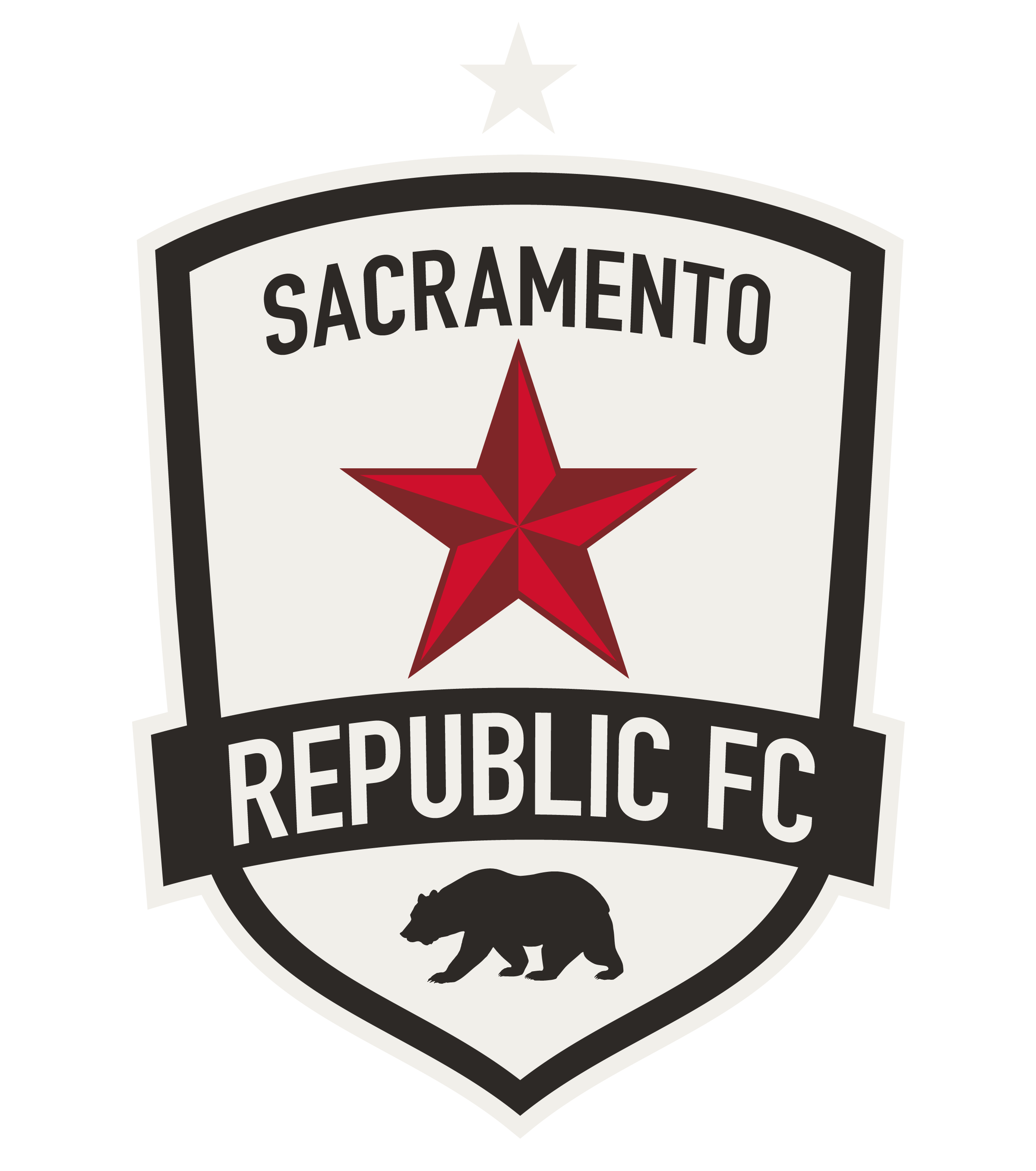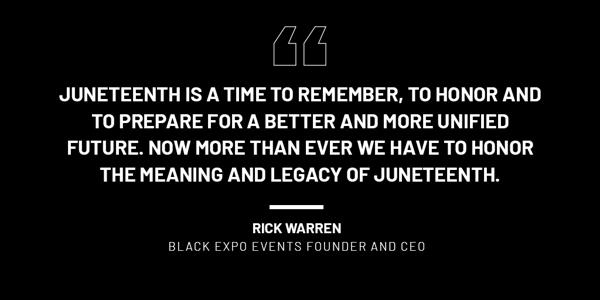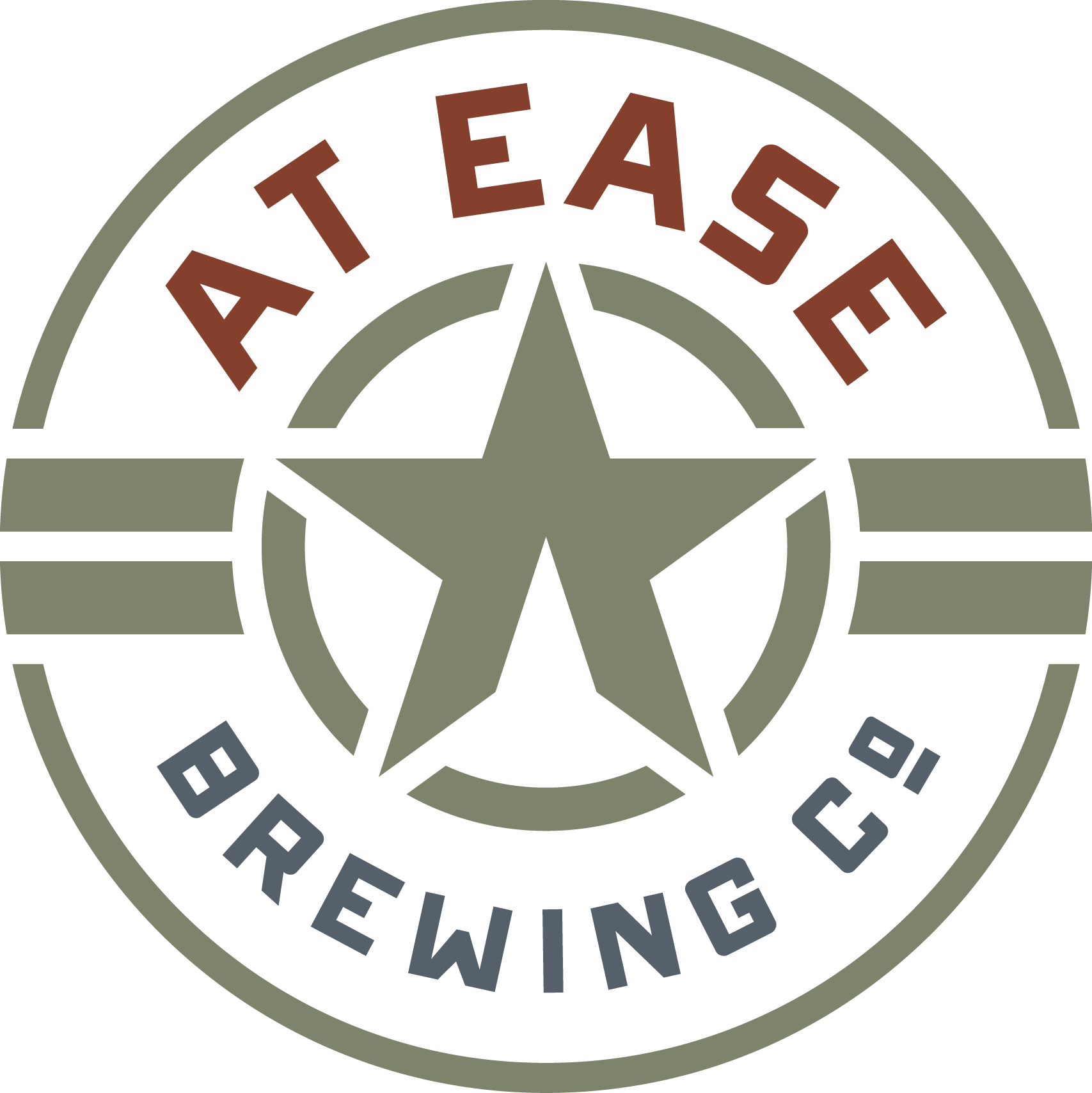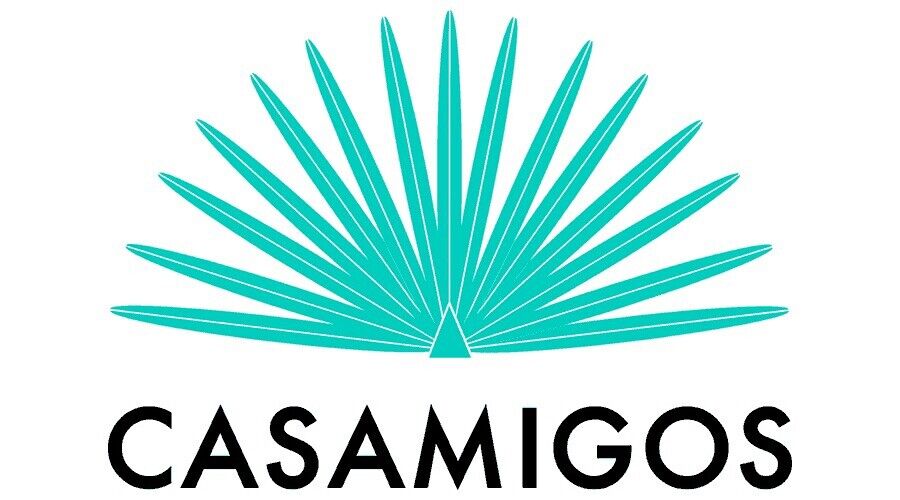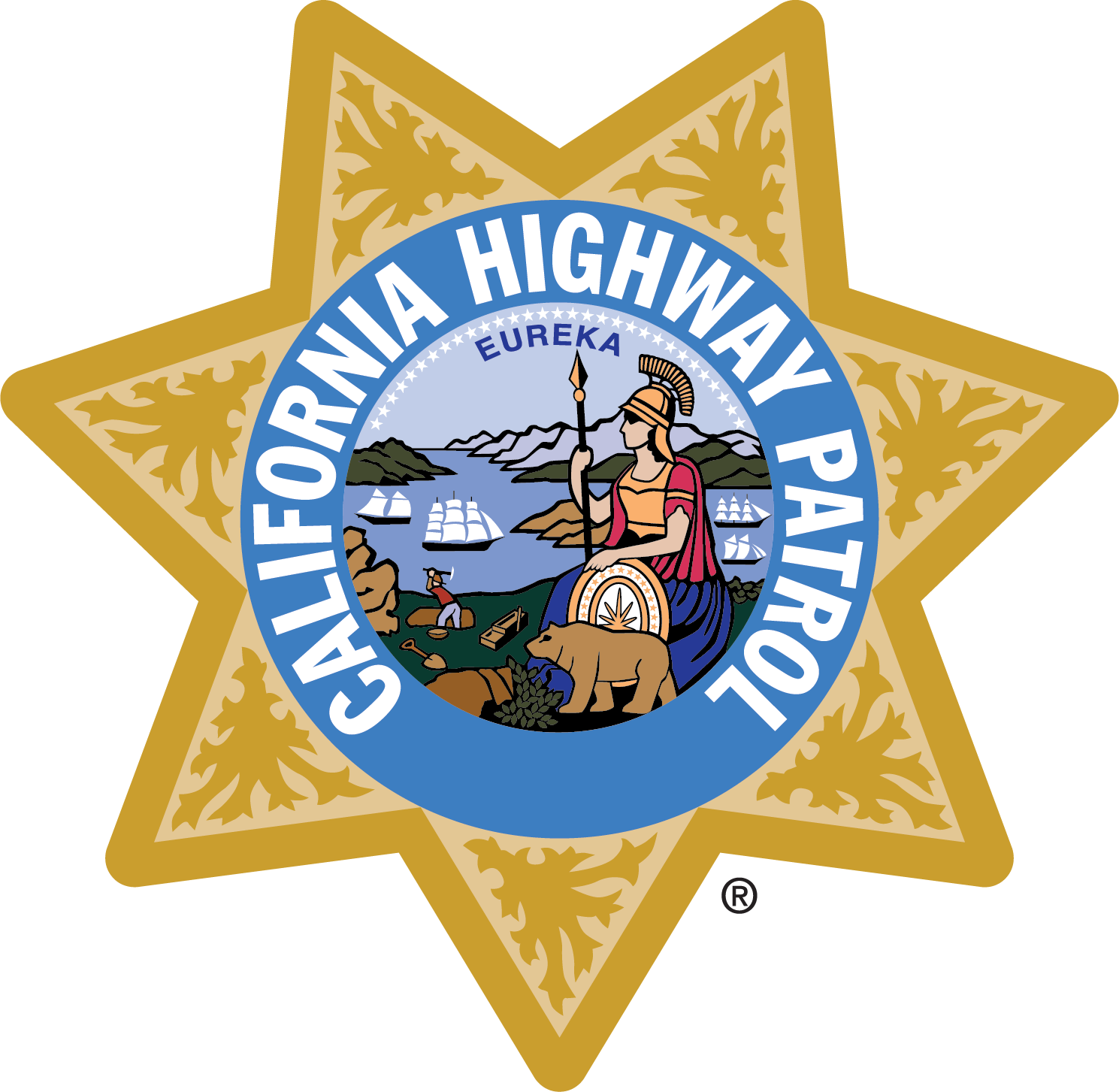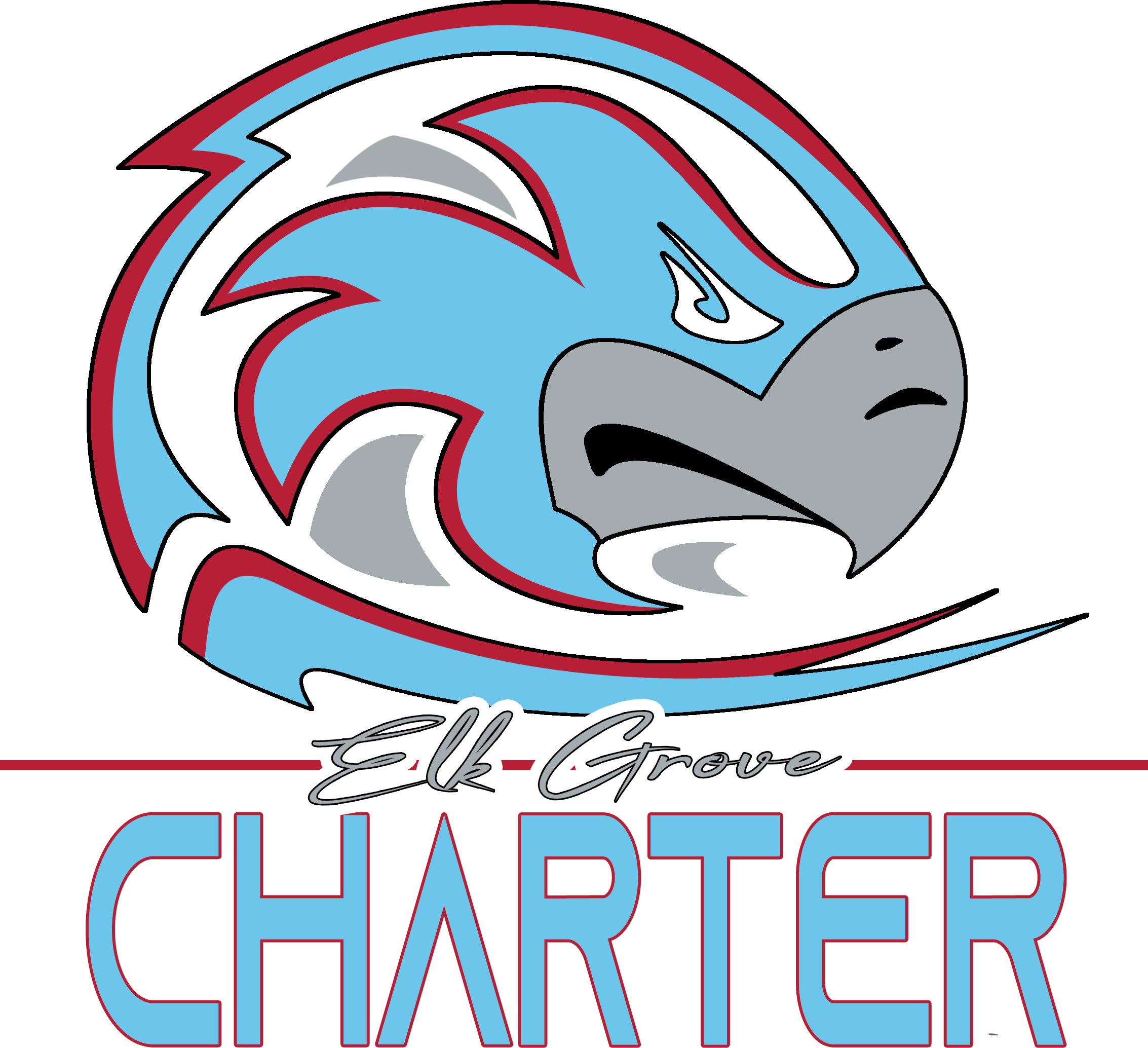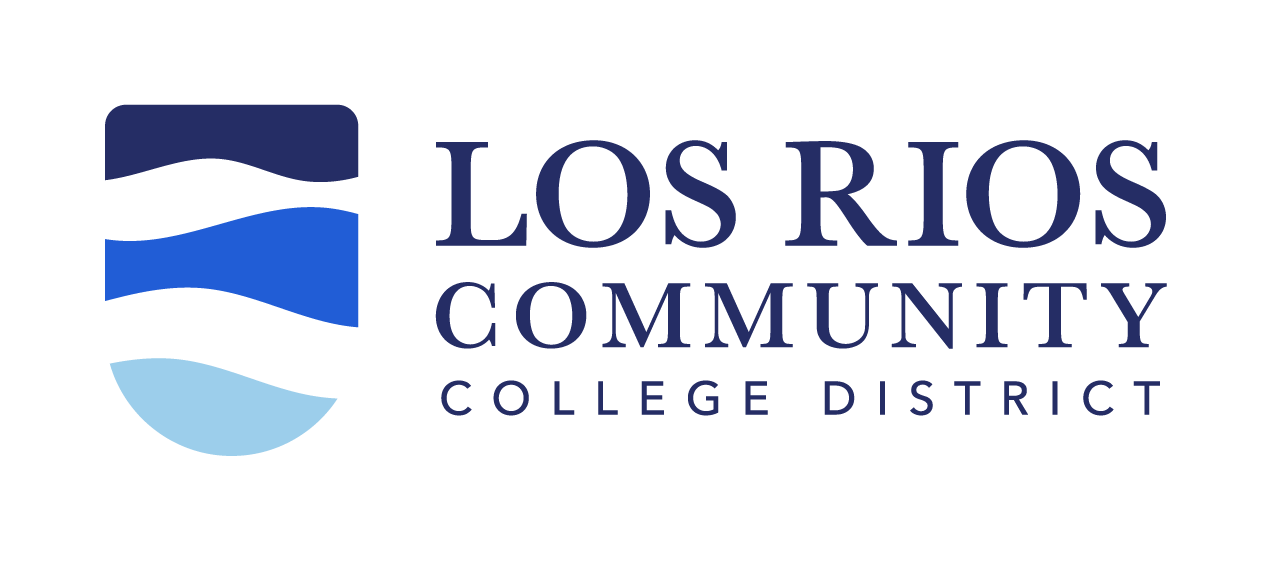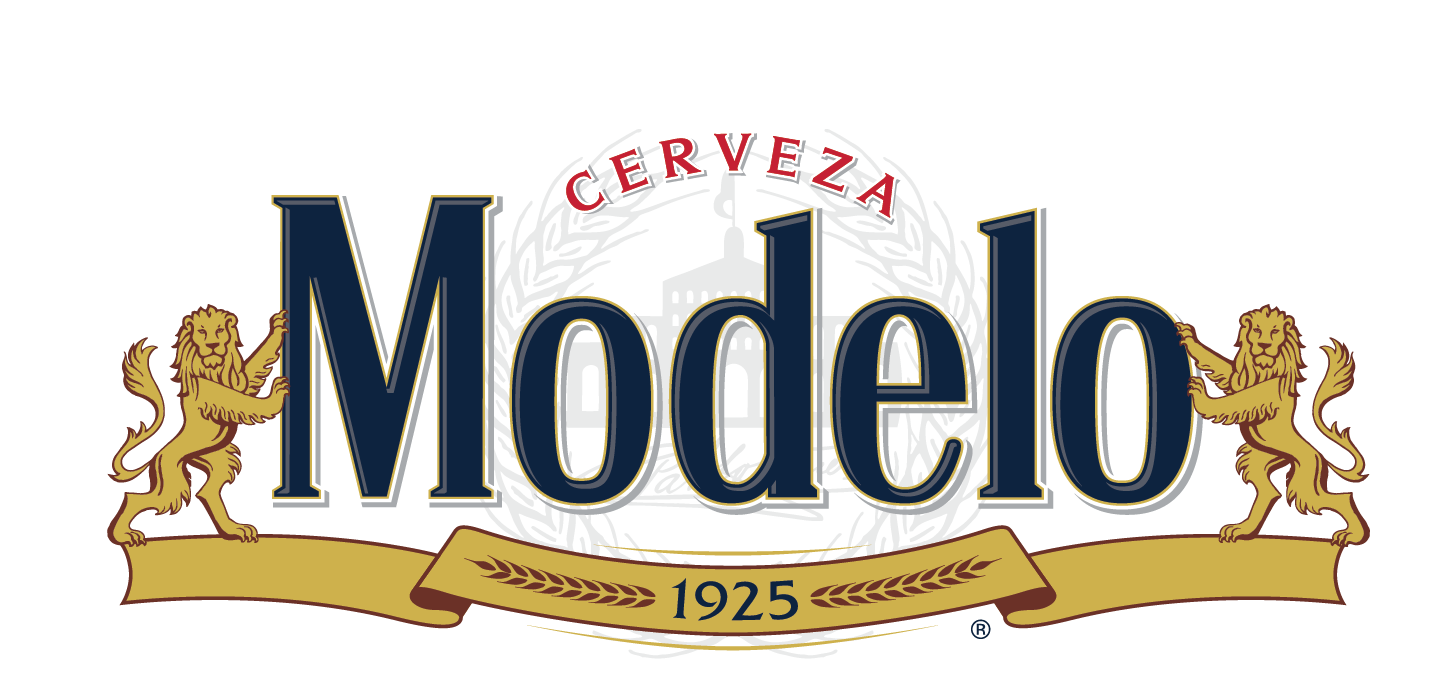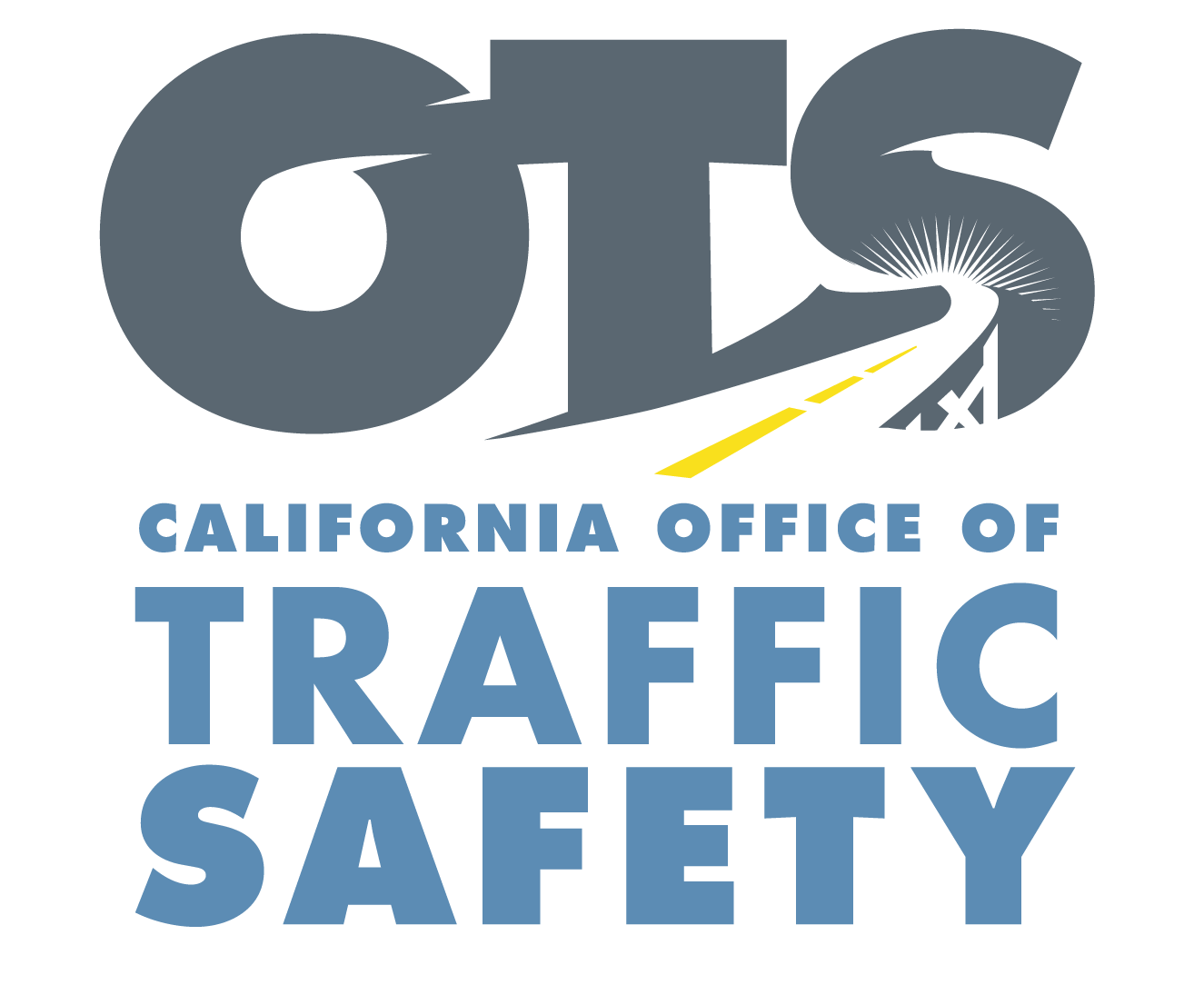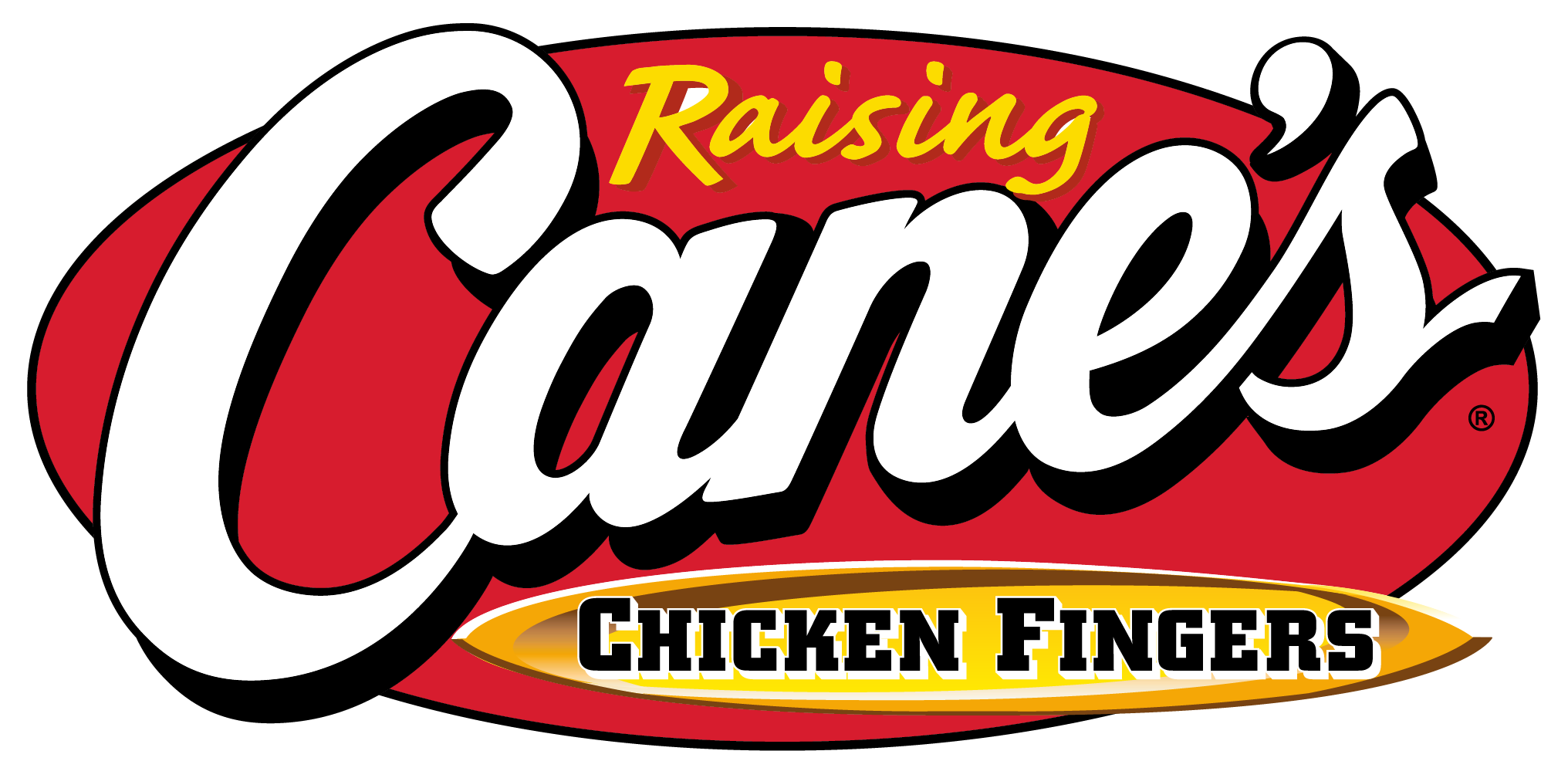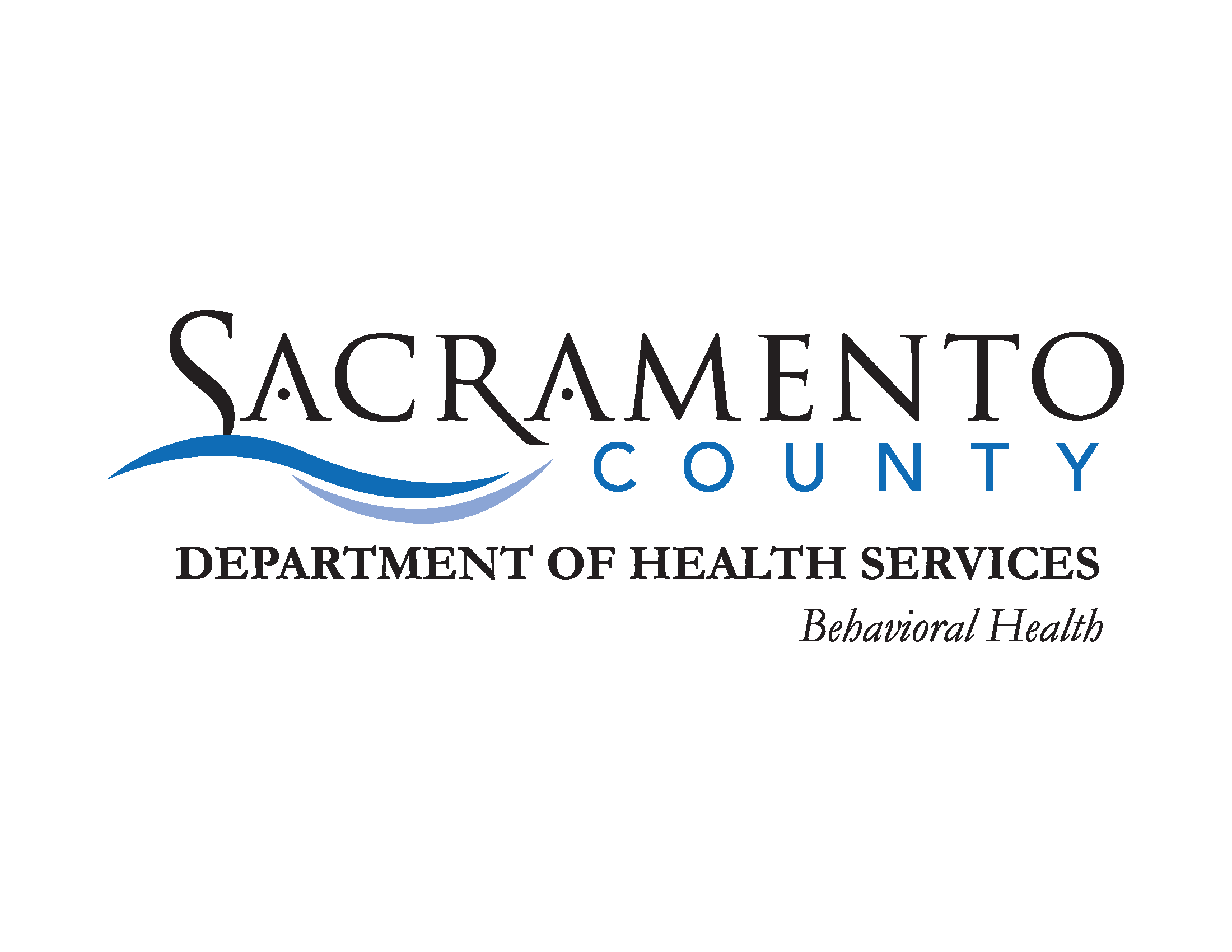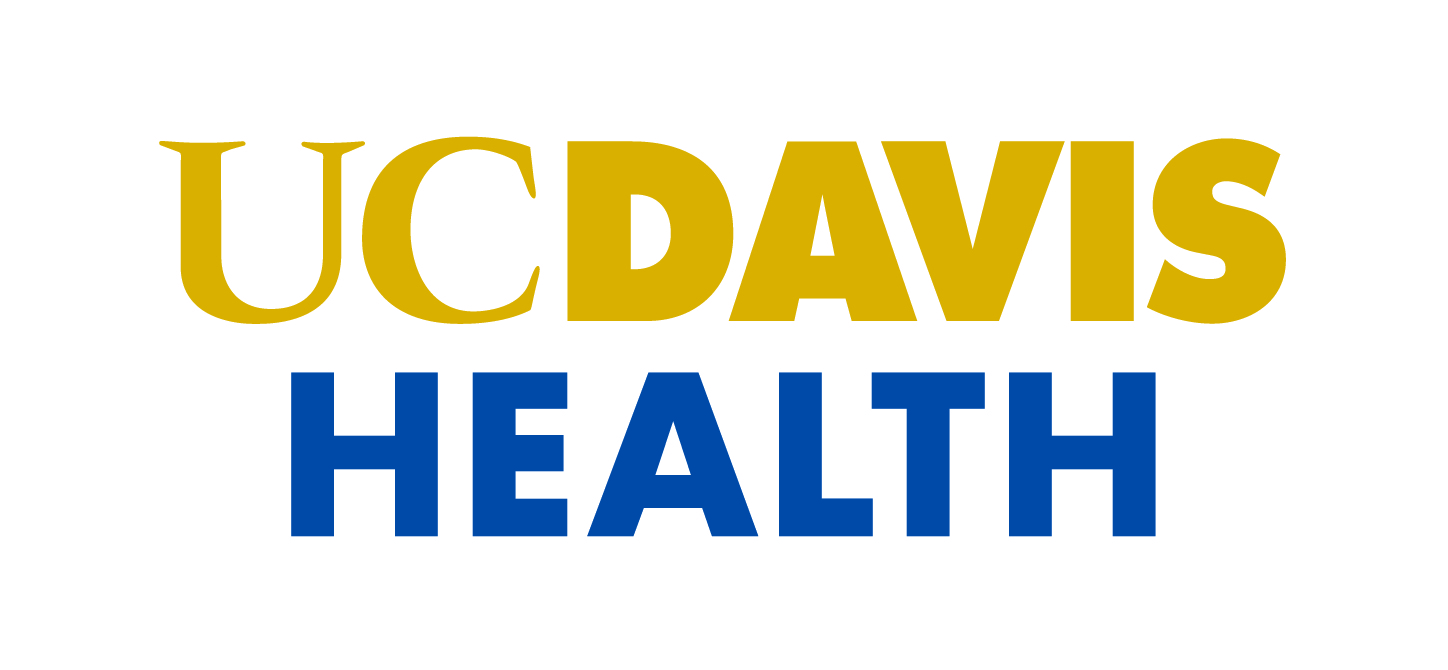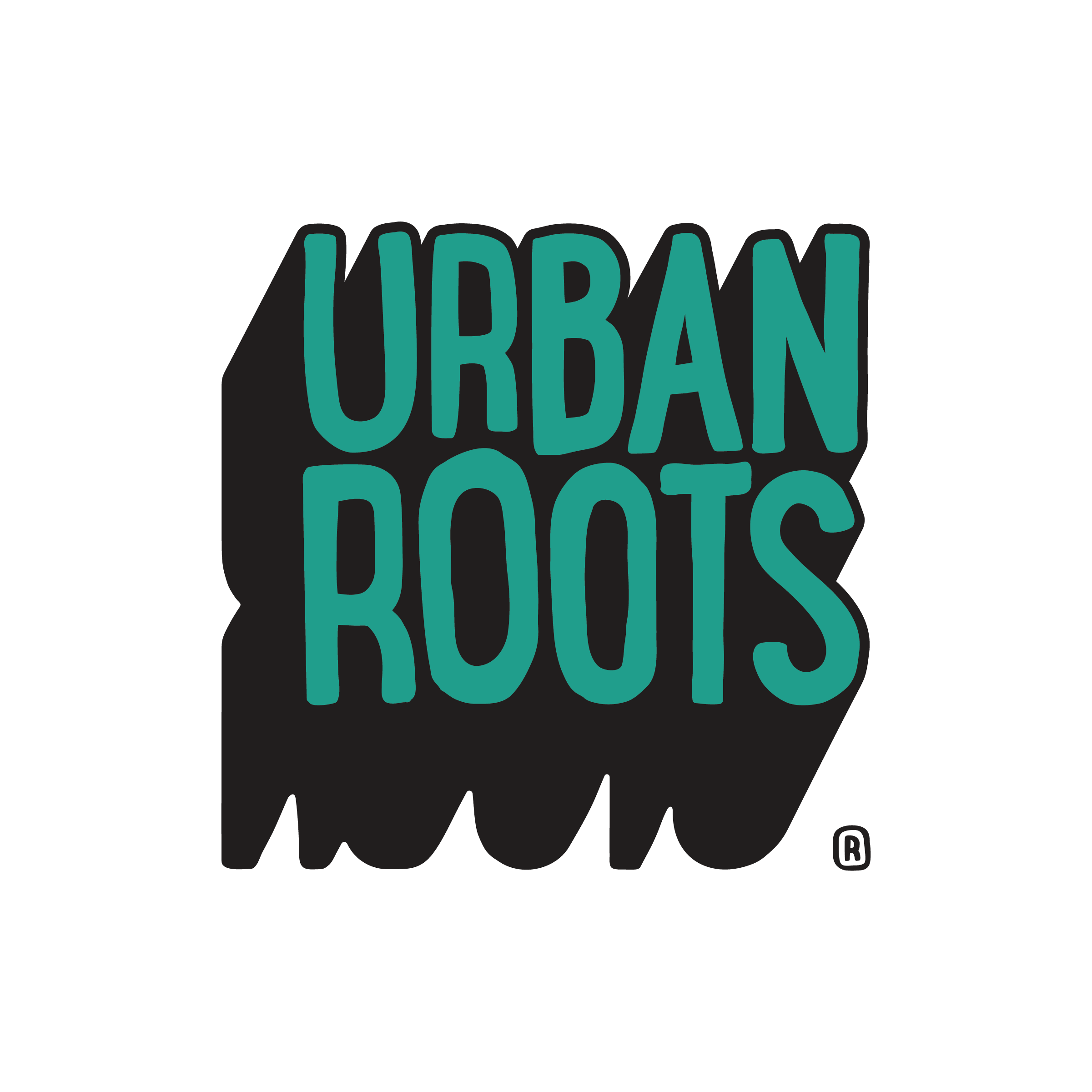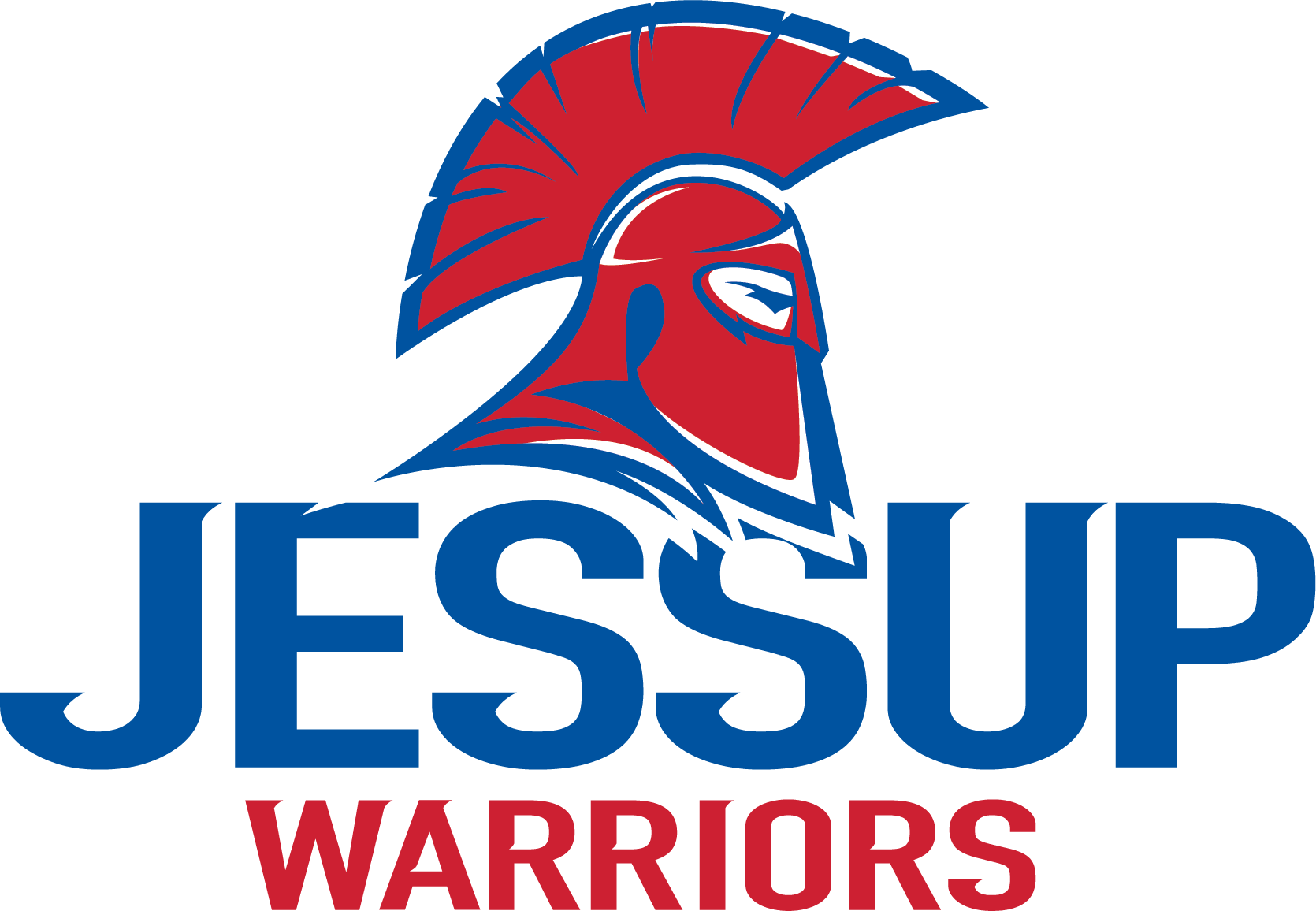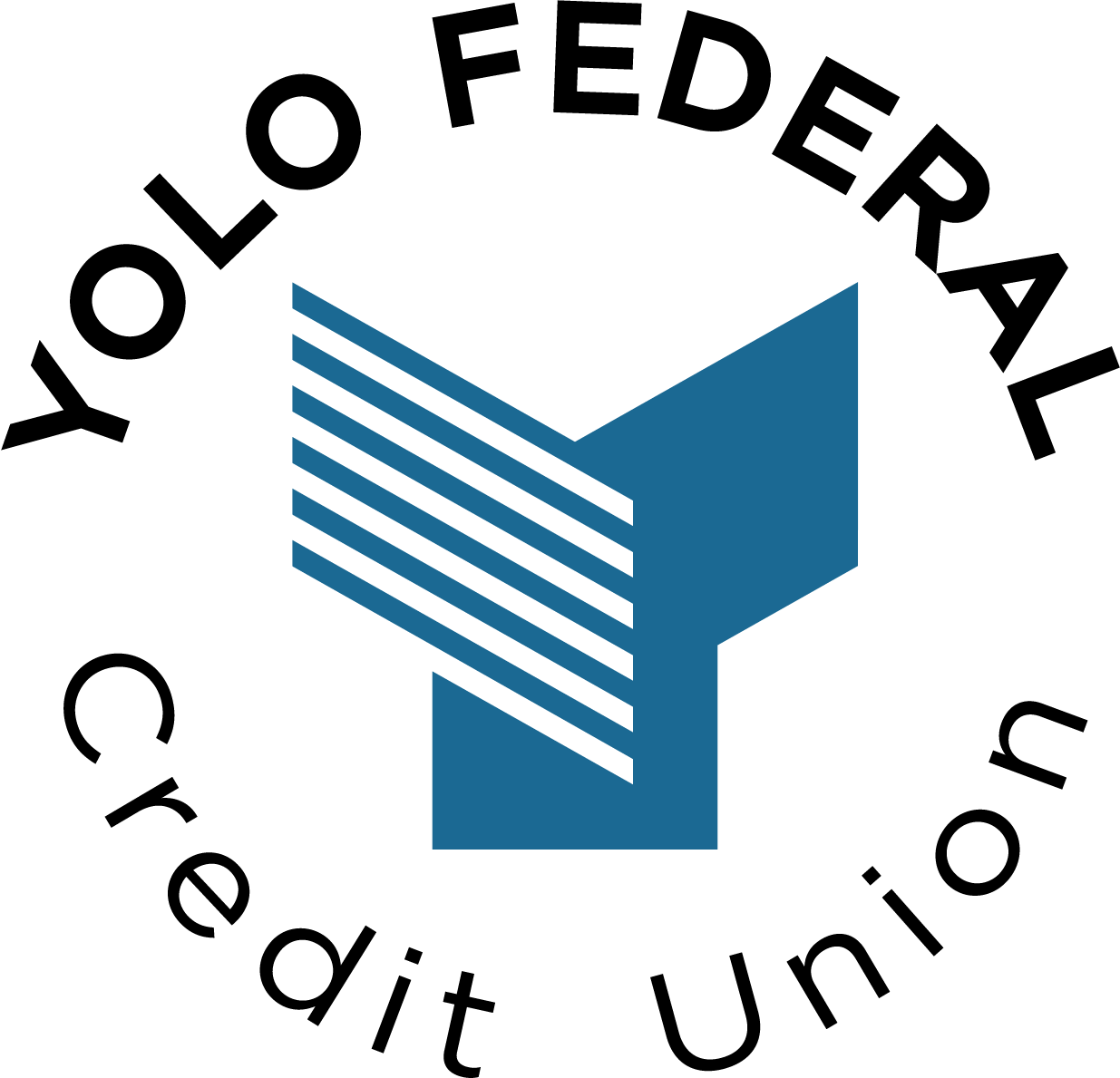As citizens around the country and world are learning more about generations of systemic racism, today – Juneteenth – provides an opportunity to explore the issue of racial justice and the continued ramifications.
As Sacramento is one of the most diverse cities in the United, Juneteenth largely remains unknown or misunderstood – and by highlighting local events, Republic FC urges supporters to take an opportunity to learn more about our neighbors, friends and family. To create change and make our community a better place for everyone, It Takes A Republic.
President of the Greater Sacramento Urban League Cassandra Jennings is calling on people to "Pick something that is important to you or stretch yourself to learn something and support something that encourages Black entrepreneurship and Black people.”
The Origins of Juneteenth
On June 18, 1865, Union troops led by General Gordon Granger rode into Galveston, Texas to proclaim that all slaves in the state were free.
The next day, he read "General Order No. 3":
The people of Texas are informed that, in accordance with a proclamation from the Executive of the United States, all slaves are free. This involves an absolute equality of personal rights and rights of property between former masters and slaves, and the connection heretofore existing between them becomes that between employer and hired labor. The freedmen are advised to remain quietly at their present homes and work for wages. They are informed that they will not be allowed to collect at military posts and that they will not be supported in idleness either there or elsewhere.
His arrival came a full two and a half years after the signing of the Emancipation Proclamation, freeing slaves in Confederate States and two months after Robert E. Lee’s surrender at the Battle of Appomattox Court House, considered the effective end of the American Civil War.
While Juneteenth, short for June 19th, has become a celebration marking the end of slavery in Texas, the United States did not officially end slavery until the ratification of the 13th amendment to the Constitution of the United States on December 6, 1865, abolishing slavery in all of the U.S. states and territories. Even with the end of slavery, the remnants of generations of racist policies that have deliberately oppressed Black people remain.
First recognized as a state holiday in Texas in 1980, and now recognized by forty-nine states – including California, Juneteenth traditions widely differ from community to community including parades, oral histories, concerts, barbecues, marches and more.
Juneteenth Now and Beyond
There is no doubt that today’s Juneteenth celebration has a tremendous amount of attention — from corporate commitments to give, more people committing to celebrate the holiday and learn, to a wealth of news coverage.
In an interview with Capital Public Radio, Betty Williams, president of the Sacramento NAACP notes “I don’t think our young people really understand what Juneteenth is. They need to understand that it was our Fourth of July. This was our freedom that we didn’t receive until later.”
Today, United Soccer League released another installment of its “From The Pitch” series where players share their opinions and thoughts.
As citizens around the country and world are learning more about generations of systemic racism, today – Juneteenth – provides an opportunity to explore the issue of racial justice and the continued ramifications.
As Sacramento is one of the most diverse cities in the United, Juneteenth largely remains unknown or misunderstood – and by highlighting local events, Republic FC urges supporters to take an opportunity to learn more about our neighbors, friends and family. To create change and make our community a better place for everyone, It Takes A Republic.
President of the Greater Sacramento Urban League Cassandra Jennings is calling on people to “Pick something that is important to you or stretch yourself to learn something and support something that encourages Black entrepreneurship and Black people.”
The Origins of Juneteenth
On June 18, 1865, Union troops led by General Gordon Granger rode into Galveston, Texas to proclaim that all slaves in the state were free.
The next day, he read “General Order No. 3”:
The people of Texas are informed that, in accordance with a proclamation from the Executive of the United States, all slaves are free. This involves an absolute equality of personal rights and rights of property between former masters and slaves, and the connection heretofore existing between them becomes that between employer and hired labor. The freedmen are advised to remain quietly at their present homes and work for wages. They are informed that they will not be allowed to collect at military posts and that they will not be supported in idleness either there or elsewhere.
His arrival came a full two and a half years after the signing of the Emancipation Proclamation, freeing slaves in Confederate States and two months after Robert E. Lee’s surrender at the Battle of Appomattox Court House, considered the effective end of the American Civil War.
While Juneteenth, short for June 19th, has become a celebration marking the end of slavery in Texas, the United States did not officially end slavery until the ratification of the 13th amendment to the Constitution of the United States on December 6, 1865, abolishing slavery in all of the U.S. states and territories. Even with the end of slavery, the remnants of generations of racist policies that have deliberately oppressed Black people remain.
First recognized as a state holiday in Texas in 1980, and now recognized by forty-nine states – including California, Juneteenth traditions widely differ from community to community including parades, oral histories, concerts, barbecues, marches and more.
Juneteenth Now and Beyond
There is no doubt that today’s Juneteenth celebration has a tremendous amount of attention — from corporate commitments to give, more people committing to celebrate the holiday and learn, to a wealth of news coverage.
In an interview with Capital Public Radio, Betty Williams, president of the Sacramento NAACP notes “I don’t think our young people really understand what Juneteenth is. They need to understand that it was our Fourth of July. This was our freedom that we didn’t receive until later.”
Today, United Soccer League released another installment of its “From The Pitch” series where players share their opinions and thoughts.
And in Sacramento, there are several celebrations and opportunities to learn and engage. Republic FC Partner Sacramento State has embraced the opportunity and is a key partner in a regional celebration, now virtual to curb the spread of Coronavirus. The free festival, will feature virtual workshops, exhibition booths, video conferences, entertainment and more, runs Friday, June 19, through Sunday, June 28, on the Juneteenth website.
Festival founder Rick Warren notes “Juneteenth is a time to remember, to honor and to prepare for a better and more unified future. Now more than ever we have to honor the meaning and legacy of Juneteenth.”
Events, Resources and Materials to Listen. Learn. Love.:
26th Annual Juneteenth Festival Friday, June 19 – Sunday June,28
Breathe Sacramento Juneteenth Meditation – Friday, June 19
Sacramento NAACP Juneteenth Freedom Car March & Rally – Saturday, June 20
National Museum of African American History and Culture | Talking About Race
California State Library | Juneteenth Exhibit : Celebrating Emancipation
New York Times | So You Want to Learn About Juneteenth?
Sacramento Bee | What is Juneteenth? A visual glance at celebration marking end of slavery
B/R Football hosts roundtable discussion about Black Lives Matter, racism in soccer
And in Sacramento, there are several celebrations and opportunities to learn and engage. Republic FC Partner Sacramento State has embraced the opportunity and is a key partner in a regional celebration, now virtual to curb the spread of Coronavirus. The free festival, will feature virtual workshops, exhibition booths, video conferences, entertainment and more, runs Friday, June 19, through Sunday, June 28, on the Juneteenth website.
Festival founder Rick Warren notes “Juneteenth is a time to remember, to honor and to prepare for a better and more unified future. Now more than ever we have to honor the meaning and legacy of Juneteenth.”
Events, Resources and Materials to Listen. Learn. Love.:
26th Annual Juneteenth Festival Friday, June 19 – Sunday June,28
Breathe Sacramento Juneteenth Meditation – Friday, June 19
Sacramento NAACP Juneteenth Freedom Car March & Rally – Saturday, June 20
National Museum of African American History and Culture | Talking About Race
California State Library | Juneteenth Exhibit : Celebrating Emancipation
New York Times | So You Want to Learn About Juneteenth?
Sacramento Bee | What is Juneteenth? A visual glance at celebration marking end of slavery
B/R Football hosts roundtable discussion about Black Lives Matter, racism in soccer

































































































































































































































































































